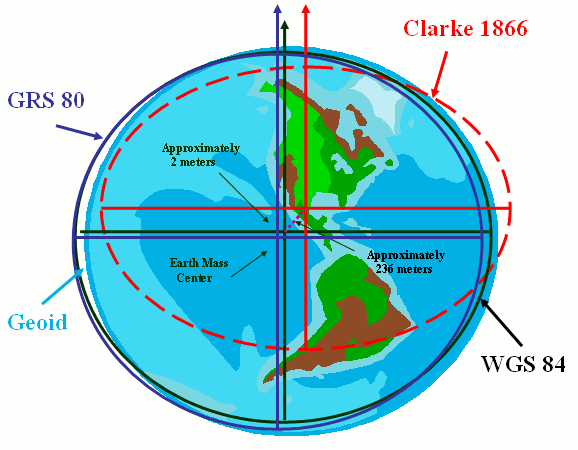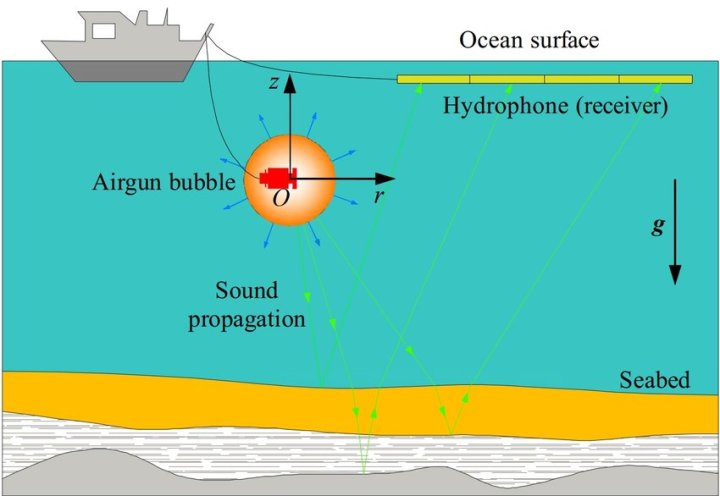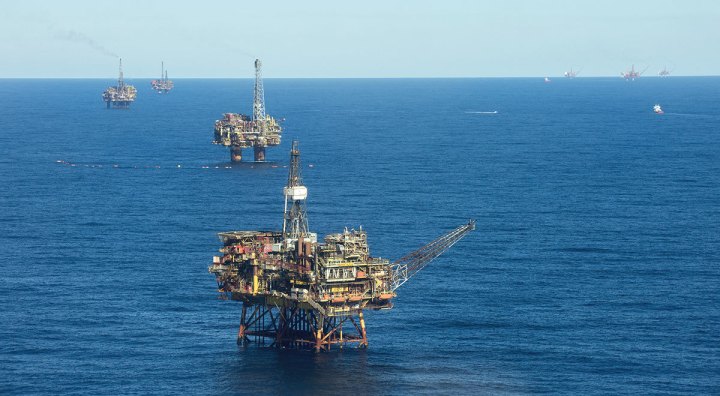
I know these words. What do “offshore” and “geophysics” mean?
Offshore means anywhere that is not on land. Unless you’re a tax lawyer. It’s complicated. Geophysics is much easier to explain, however. It merely means “the subject of natural science concerned with the physical processes and physical properties of the Earth and its surrounding space environment, and the use of quantitative methods for their analysis.”
Simple stuff, can’t believe I’m even having to spell this out loud really.
OK, Poindexter, break it down for me.
This planet, Earth, is not an immutable object. It moves. The very bit of land you are standing on right now will not be in exactly the same location in the future. So, to combat this massive inconvenience, surveyors and the like have agreed on a series of systems & protocols to decide what our planet looks like. Periodically, they review these rules.

The science concerning the shape and layout of the planet Earth is called geodesy. The actual processes of the Earth forming these shapes is called, broadly, geophysics.
So, why do you work on a ship?
Because a lot of the Earth is covered by water. Just go on Google Maps, it’s a big percentage. Also, it’s really, really difficult to map the seabed on foot. So, we tend to use ships.
Having said that, the company I work for started out as a land survey concern, though I understand that’s not as profitable in modern times.
So you just look in the sea or something?
Sadly, no. The sea is often very deep, dark and full of stuff; light doesn’t travel very far in it. But sound does, so we use that.

We send out all different frequencies of sound, at different speeds, in the hope that some of it hits the seabed and comes back. It’s an exact science but, at the same time, it is not.
Weather affects us. Noise from other ships affects us. We even listen out for whales and dolphins, to make sure we aren’t upsetting them.
So what equipment do you use?
Mostly equipment that generates sound. Sonar (sound sent out by speakers and then received) is a big one but we also use guns filled with high-pressure air that send out a shockwave to the seabed. This shockwave is then received by hydrophones (basically microphones towed in water) behind our vessel. Another way of generating sound is to arc electricity between terminals on a towed vehicle. This is called a Sparker.

Why are you doing this?
For many reasons. One of them is for oil & gas companies but we also assist in the construction of windfarms, routing for power cables and fibre optic Internet lines. Lots of things need to be put in the sea and my company is one of the better ones at providing that knowledge.
How did you get into this line of work?
Honestly, I just applied for it. I used to work for the military, so I was used to long hours, time away from home and had (basic) skills in engineering. That was, apparently, enough to get my foot in the door.
Do you sing sea shanties and drink rum all day?
I’m afraid not. Modern ships are very smart and have gyms, recreation areas, wireless internet, excellent food and so on. It’s as comfortable as you could hope for, really. Also, alcohol and drugs are forbidden; it’s an industrial working environment, not a frat house.
What do you like about your job?
I get to travel a lot and see things people don’t often get to see. You might have looked at a photo of an oil rig but being up-close to one is a different deal. They really are enormous.
Also, the people I work with realise this can be a dangerous job, so they look out for each other and it tends to be quite fraternal.

What don’t you like about your job?
Hours are long and you have to spend a lot of time away from home.
This is fine if you are young, free & single but it is not as fun if you have commitments. Still, I only have to work six months a year.
Anything else?
Yes; to be honest, the winds of change are blowing on fossil fuel development. Even companies like BP and Shell are aware that renewables are going to get more support from forward-looking governments in the North Sea (Scotland, Norway, etc) than big ol’ oil drilling projects.
Oil’s not going anywhere but the big corporations are *painfully* aware how it looks.
It’s a step in the right direction, I guess…?



You must be logged in to post a comment.